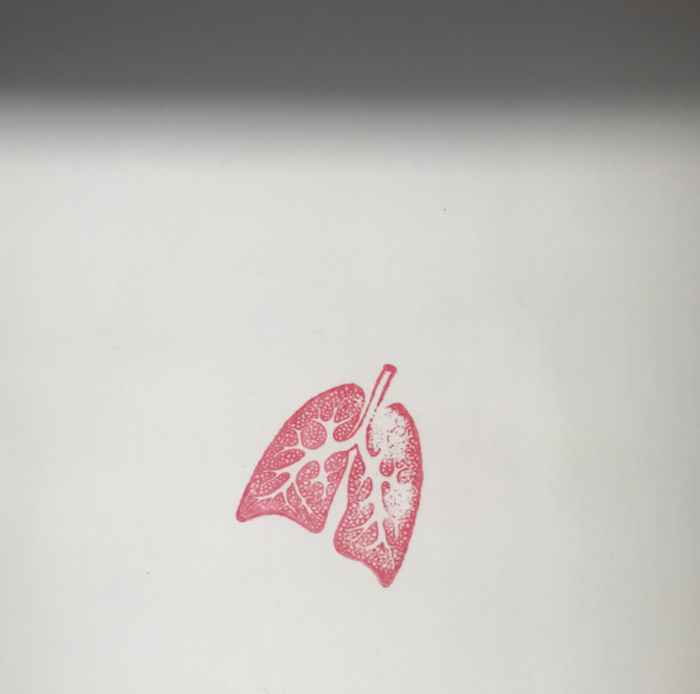Dissertation Defense: Moosje Goosen
- Date
- 5 October 2023
- Time
- 16:00

This research engages with the age-old existential questions that have preoccupied philosophy from its beginning: How to live? How to die? In dialogue with, first and foremost, the work of Jacques Derrida, I attempt to describe the tension that arises when, becoming ill, these general questions become particular and come to matter personally. Parallel to this research, I was diagnosed with an incurable auto-immune disorder, which required me to prepare for death, or a lung transplant—which I received in 2017. How to continue practicing philosophical thought while ill, when the body is foregrounded by continuous practical concerns? Using a phenomenological approach and deviating from the norms and conventions of academic discourse, this research makes a hauntological intervention into philosophy, from its spectral margins; from my sick-bed. As such, it looks at what thinking as a practice and experience entails, and under what conditions it is made possible. With texts by Virginia Woolf, Mary Wollstonecraft Shelley, Edgar Allan Poe, Annie Ernaux, M. NourbeSe Philip, and others, it argues for the presence of literature and poetry in and as philosophical thinking—as an alternative method to engage in the questions of life (and death), always as lived experiences, rather than as object of knowledge.
The dissertation concludes with On Wards, an experimental work of autobiographical fiction about the experience of having survived, thanks to organ donation.